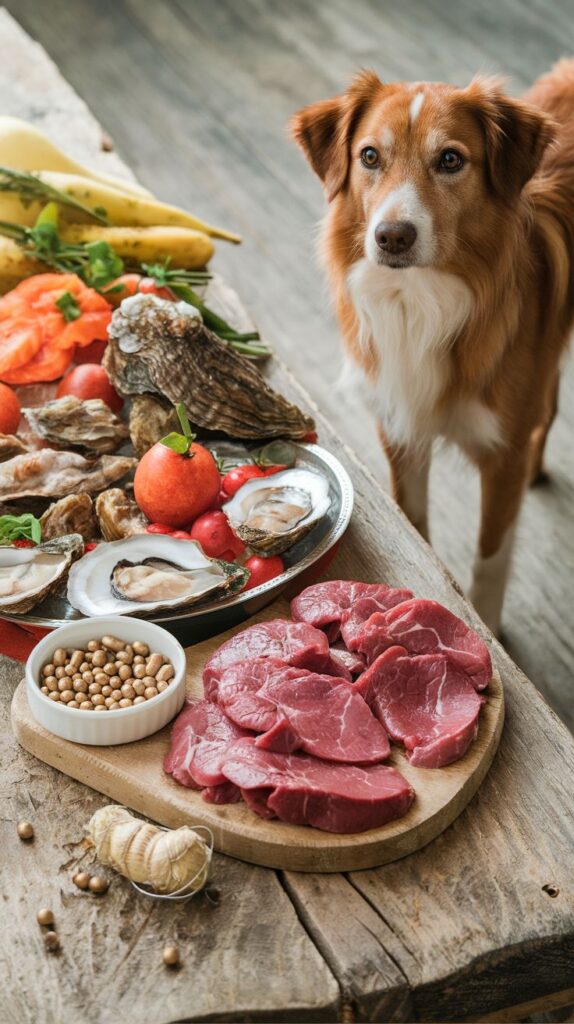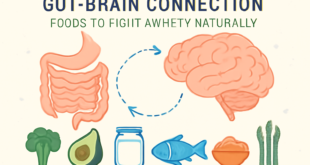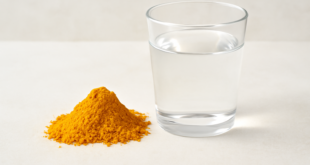
Turmeric Oil and Zinc-Rich Foods for Dogs
As pet parents, we’re always searching for new ways to ensure our furry friends remain healthy and content. Commercial dog food offers essential nutrition; while natural supplements like turmeric oil or essential minerals such as zinc can take your furry pal’s wellness a step further. In this article we’ll highlight both turmeric oil’s amazing advantages as well as zinc-rich food items for canines.
What Is Turmeric Oil?
Turmeric oil is produced by extracting its roots (Curcuma longa). Often used as an Asian cooking spice, turmeric oil contains potency compounds like curcumin known for its anti-inflammatory, antioxidant and antibacterial effects.
But unlike turmeric powder, turmeric essential oil is highly concentrated and easily absorbent – an ideal natural treatment solution for humans as well as dogs alike.
Why Give Turmeric Oil to Dogs
Adversaire synthetic remedies such as anti-inflammatory support while Turmeric oil could offer relief without adverse side effects such as synthetic drugs.
1.Improve Skin and Coat Health Turmeric oil’s rich source of antioxidants makes it effective against itchy spots, hotspots, and certain skin infections in dogs and cats alike. Apply topically (diluted with carrier oil first ) or add several drops directly to their food for use by applying directly or topping off treats with it!
2.Promotes Digestive Health
Turmeric oil provides significant support to canine digestive health by increasing bile production and relieving gas or bloat symptoms, while simultaneously having mild antimicrobial properties to balance gut bacteria balance.
3.Strengthen Immune System
Curcumin, the active compound present in turmeric, works wonders in strengthening immunity by combatting free radicals and strengthening natural defense mechanisms within your pet’s system.
Turmeric Oil for Dogs
Turmeric oil should only be administered under strict supervision, due to its potency. Therefore, care must be taken when administering it to dogs.
Oral Use: Before oral ingestion, always dilute with a healthy oil like coconut or olive oil and start with 1 drop per 10 pounds of bodyweight daily.
Topical Uses: Mix one to two drops with one tablespoon of carrier oil, and apply directly onto itchy areas.
Advice From Veterinarians: For optimal results when supplementing a dog’s diet with new supplements or medicines, always seek medical advice prior to adding anything new particularly if medication or health concerns exist in their pet’s life.
Now that we’ve addressed turmeric oil, let’s turn our focus towards zinc–another essential nutrient often overlooked when discussing pet nutrition.
Zinc Deficiency in Dogs
Zinc deficiencies can have several noticeable symptoms for both humans and canines alike; such as, wound healing, skin maintenance and coat maintenance issues as well as immunity system function issues as well as reproductive health concerns. It could be that your pup needs more zinc; such symptoms could include wound healing and skin and coat maintenance issues along with reproduction health concerns, immunity system function issues or reproductive issues as a sign that their diet lacks zinc.
Symptoms Your Pet Might Be Zinc-Deficient
Signs Your Dog May Be Zinc-Deficiencies exist with some visible symptoms often manifest themselves through various means such as: wound healing for wounds like wounds to skin/coat maintenance needs maintenance issues on immunity system functions to reproductive issues associated with reproductive health concerns caused by either inadequate levels or lack thereof in their diet being deficient: Wound healing (wounded, skin/coat maintenance issues as well as impaired reproductive function in female reproductive issues); wound healing for wounds/coat maintenance/maintenance, immunity system functioning issues related to reproduction health concerns for example). Signs Your Dog Could Be
Hair Loss or flaky Skin?
Are You Wondering Why My Pet Isn’t Healing Properly or Has Digestive Issues Are Any Of These Signs Appearing in Your Dog’s Behavior, Diet and Appetite? It could be that zinc levels in their system need increasing; take note. If these symptoms apply, perhaps now would be an opportune time to assess what their zinc intake.
Top Zinc-Rich Foods for Dogs Let’s investigate some natural, dog-safe sources that contain high concentrations of zinc:
- Beef and Lamb
Beef and lamb meats contain abundant sources of bioavailable zinc for dogs’ bodies to easily absorb. For an enjoyable treat for your four-legged friend, small portions of cooked, unseasoned beef or lamb can make for great meals! - Pumpkin Seeds
These delicious seeds contain zinc and fiber to aid with digestion – just ensure they’re unsalted and roasted before offering to your pup! - Eggs provide both zinc and high-quality proteins essential for muscle repair and overall growth, providing essential building blocks needed for muscle regeneration and tissue growth.
- Sardines
These oily fish contain zinc, omega-3 fatty acids and calcium which is known to promote healthier coats and skin conditions in animals. They’re an especially helpful way to preserve shine on coats while improving general wellness in skin health conditions such as acne or inflammation. - Chicken Liver
Organ meats such as liver are rich sources of essential zinc and iron-rich vitamins such as A and K – however it should only be consumed occasionally as too much Vitamin A can be harmful.
Final Thoughts
By pairing natural remedies such as turmeric oil with zinc-rich whole foods, you can significantly enhance the quality of life for your canine companion. From relieving inflammation and improving immunity, to supporting skin health – when utilized appropriately these two natural resources can do incredible wonders!
 healthybodyboost.net Healthy Body Boost
healthybodyboost.net Healthy Body Boost




Roulette’s reliance on randomness is fascinating, yet predictable over time! Seeing platforms like plus777 vip app download prioritize security & localized payments (like GCash) builds trust – essential for enjoying the game responsibly. It’s good to see modern approaches!